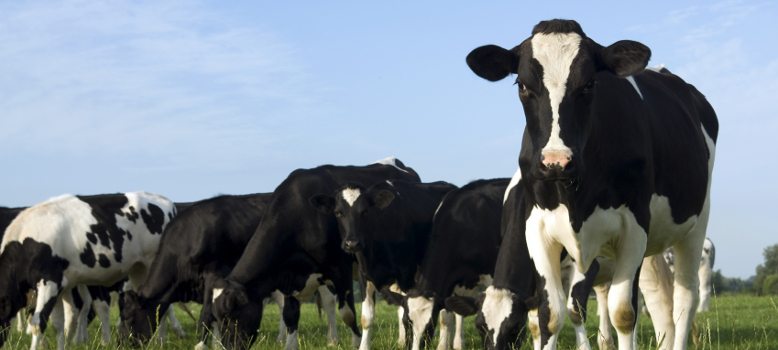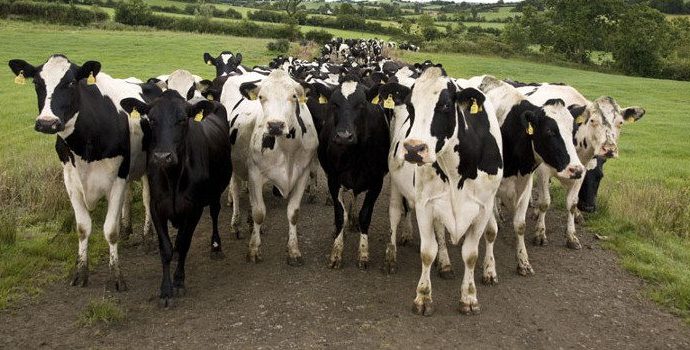Global Milk Supply/demand May Rebalance Faster Than Expected in 2015 – IFA Calls for Co-ops to Hold May Milk Prices

IFA National Dairy Committee Chairman Sean O’Leary has said that recent reports from France Agrimer and Germany’s ZMB suggest that milk supplies for the January to mid-May period were significantly below last year’s level, by 2.45% for France and 2% for Germany.
He said that as those two countries alone account for over 40% of all milk produced in Europe, this is an important indication that the expected ‘wall of milk’ in post-quota Europe had yet to materialise. He added that with major droughts in California and an El Nino event declared for Australia that could also affect New Zealand supplies, the global supply/demand balance could tip over sooner rather than later. He urged co-ops to bear this in mind, and to continue to support milk prices at least for May milk.
“Commodity prices have been easing, but with the exception of SMP they remain significantly above the most recent GDT quotes. EU butter and WMP prices are over €400 higher than GDT’s 19th May prices, while Cheddar cheese prices are €700/t higher. While EU SMP is only €100 dearer than the latest GDT price, returns from EU SMP/butter are 5c/l higher,” he said.
“Milk supplies are under some pressure in many EU member states because with 17% average milk price cuts from peak, profitability has fallen dramatically. In France, the implementation of A/B/C contracts by co-operative milk purchasers in which milk over and above current domestic market demand is paid at lower prices (B) or downright dissuasive prices (C) has curtailed growth appetite. In Germany also, profitability has been a problem, with some of the milk purchasers in the South cutting milk prices further for April,” he added.
“Further afield, drought is affecting California, which normally accounts for 20% of US production, and is back 2.2% on last year’s levels. National output growth predictions have been downgraded from 2% to around 1.2% – back into line with expected domestic demand growth, leaving less scope for the US industry to compete on export,” he said.
“In Australia, the Government Bureau of Meteorology has declared a fully-fledged El Nino event over the SW Pacific. Of the 26 such events on record, 17 have resulted in widespread drought not just in Australia but in all of Oceania, and consequent impacts on milk productions,” he added.
“I believe co-ops need to hold their nerve on milk prices and continue to support dairy farmers’ cash flow and confidence, both of which are equally essential to ensure that newly built or refurbished processing capacity will continue to be filled in the medium and longer term,” he concluded.




